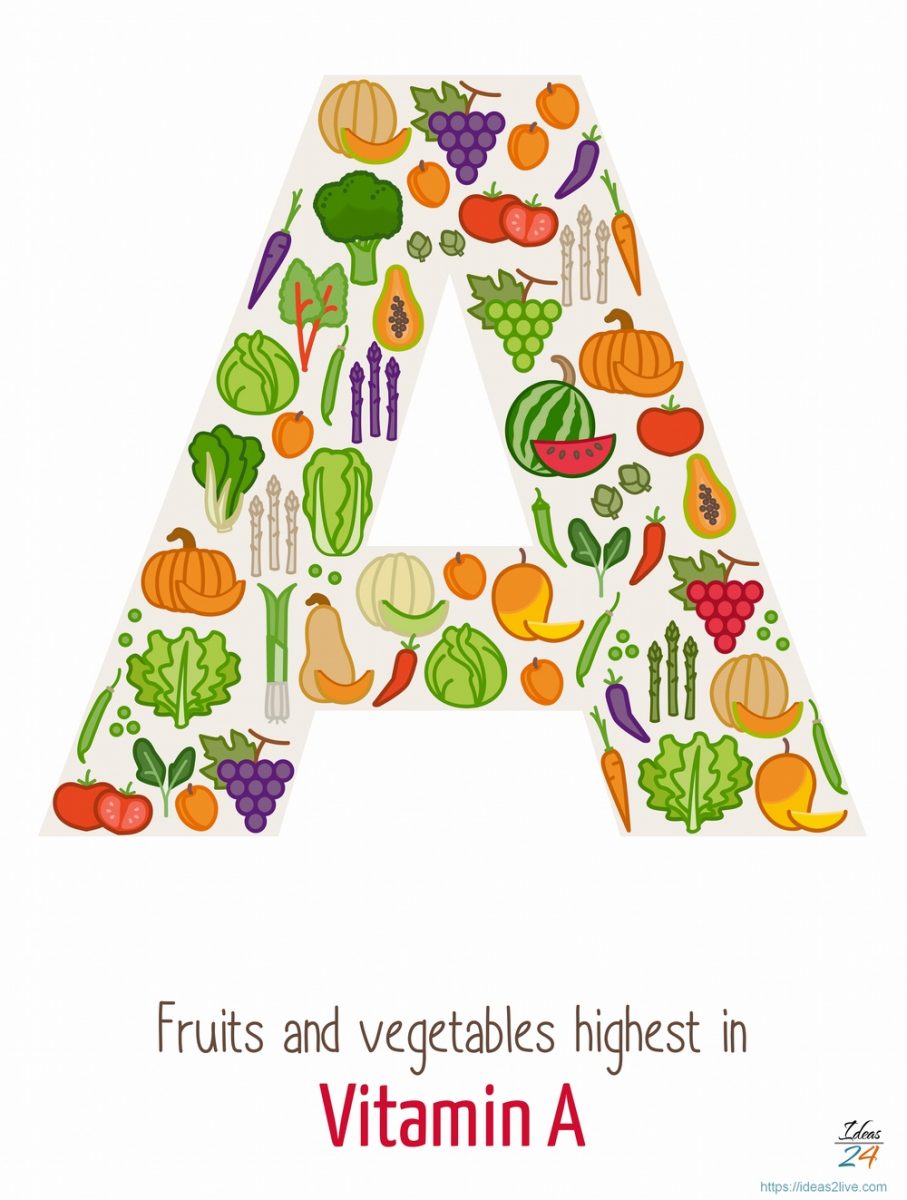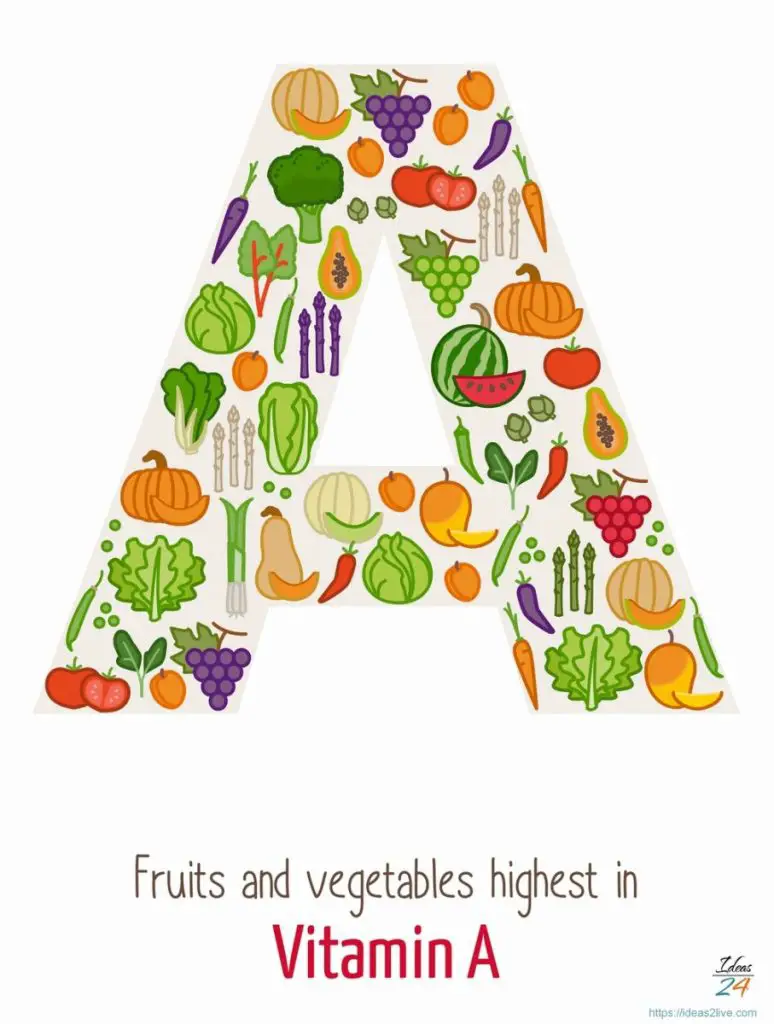You’ll hear a lot about your body needing specific nutrients. Vitamin A is one of them, but is it really that important for your health? Could you get away with skipping it? Here’s a look at the vitamin and just why it’s essential for growth and development.
The Basics of Vitamin A
This is a fat-soluble vitamin that is found in the majority of protein sources. It’s also found in fruits, vegetables, and many other animal and plant ingredients. Vitamin A is essential for building strong muscles, improving tissues, supporting your reproductive health, boosting vision and keeping the immune system working.

There are two forms of the vitamin: plant and animal form. Animal forms are preformed and found in meat and animal products. Preformed Vitamin A is readily absorbed and activated. The plant form is a provitamin type, found in fruits, vegetables, herbs, etc. The most common provitamin form is beta-carotene, which helps with the development and health of the eyesight. The provitamin form is not as easily used by your body but are, none-the-less, an essential part of your diet.
Why You Need the Vitamin
Those who don’t get enough vitamin A are at risk of a range of healthy problems. People with a deficiency are more likely to suffer from eye problems, including macular degeneration disease and xerophthalmia, also known as dry eye. Night blindness and permanent blindness are possibilities in those who don’t get enough of the vitamin in their diet.
People with a deficiency are also more likely to catch the measles and other diseases, as the immune system isn’t fully supported. The use of vitamin A while ill can help to reduce the symptoms and shorten the illness, especially when it comes to measles.
The vitamin creates a barrier over the skin and in the mouth and around the organs. This barrier helps to prevent bacteria and viruses getting into the body, meaning the immune system has to do less work. Skin issues, including dry skin, are also common in those with a vitamin A deficiency.
Some studies also show that vitamin A can prevent the development of some cancers. Vitamin A acts as an antioxidant to prevent the formation of free radicals within the body. Research into this vitamin and cancer is ongoing.
Too Much Can Be Dangerous
There is a danger of over-consuming Vitamin A. Getting too much will affect the liver, leading to symptoms such as nausea, dizziness, and pain in the bones and joints. Dry skin and headaches can also be common. Severe over-consumption leads to liver damage.
An average adult only needs 700-900mg of the vitamin, but up to 3,000mg is acceptable. If you do suffer any of the above symptoms, you’ll want to consider your vitamin A intake, especially if you take supplements.
Get Enough Vitamin A in Your Diet
Make sure you add vitamin A to your diet. Preformed versions are good, but if you’re a vegan getting the provitamin form is better than nothing. Getting enough vitamin A will keep your body working effectively. You can avoid infections and support your eye health in ways that no other vitamins can do. You’ll also feel healthier and happier within yourself, knowing that you’re putting your health first.
Here’s a simple guide to picking foods high in Vitamin A
Carotenoids can be found in a variety of plants and also some species of algae and fungi. Some plants are made up of beta-carotene carotenoids characterized by the synthesized red, orange, and yellow pigments. So, as a general rule of the thumb, you can easily pick out fruits and vegetables in these colors.
Here’s a quick list of foods that are rich in Vitamin A:
- Sweet potatoes (1 medium potato = 1096 mcg)
- Pumpkin (1/2 cup = 953 mcg)
- Carrots, raw (1/2 cup = 679 mcg)
- Spinach (1/2 cup = 573 mcg)
- Turnip greens (1/2 cup = 441 mcg)
- Cantaloupe (1/4 medium melon = 233 mcg)
- Red Pepper
- Iceberg Lettuce
- Whole milk
- Mangoes
- Kale
- Butternut squash
- Tomatoes
- Dried basil
- Peas
You can download and print a large format version of our Vitamin A graphic here…
Are you getting enough vitamin A in your diet? And if you want to follow our series on vitamins, you can find Vitamin B1 here…






